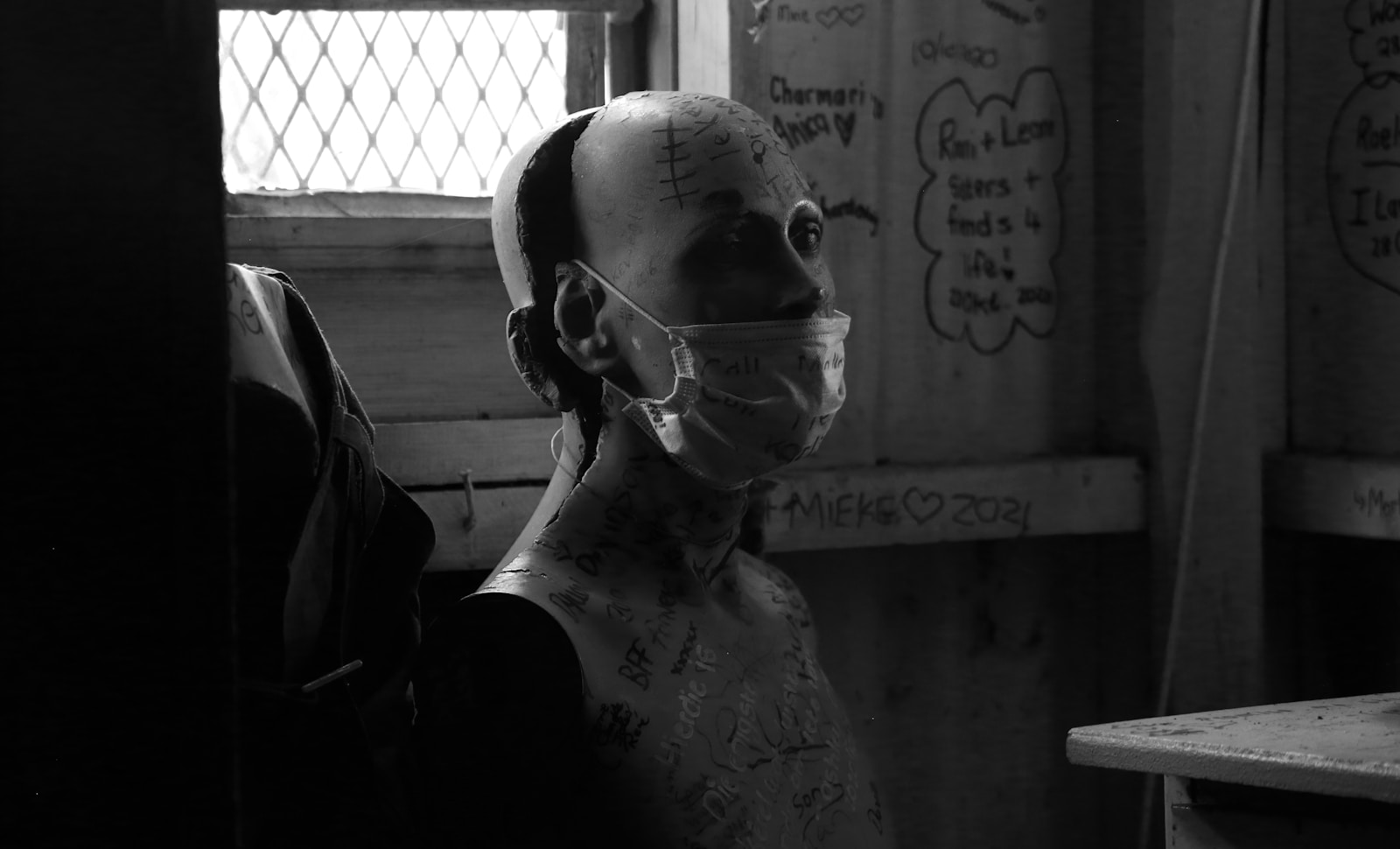
esquizofrenia

schizophrenia
The Spanish word 'esquizofrenia' translates to 'schizophrenia' in English. Schizophrenia is a serious mental disorder that affects how a person thinks, feels, and behaves. People with schizophrenia may seem like they have lost touch with reality, which can be very disturbing to them and those around them. They may have difficulty distinguishing what is real from what is imagined, may be unable to think logically, have disordered thinking and behavior, and may hear voices that others do not hear. This condition typically presents in late adolescence or early adulthood and requires lifelong treatment.
Example sentences using: esquizofrenia
La esquizofrenia es una enfermedad mental crónica.

Schizophrenia is a chronic mental illness.
This phrase is stating that schizophrenia is a long-term mental health condition, hence it is described as 'chronic'. The construction is straightforward, with the noun (esquizofrenia) as the subject followed by the verb 'es' (is) and the object (una enfermedad mental crónica).
Es importante entender los síntomas de la esquizofrenia para poder apoyar a los afectados.

It is important to understand the symptoms of schizophrenia in order to support those affected.
The phrase explains the importance of understanding the symptoms of schizophrenia to provide support to the affected people. The preposition 'de' is used to show possession, in this case, 'the symptoms of schizophrenia'.
Este medicamento está diseñado para tratar la esquizofrenia.

This medication is designed to treat schizophrenia.
This sentence illustrates the use of a medication for the treatment of schizophrenia. The phrase uses the verb 'está diseñado' to indicate the purpose of the medication, followed by the preposition 'para' (to) and the infinitive verb 'tratar' (treat).